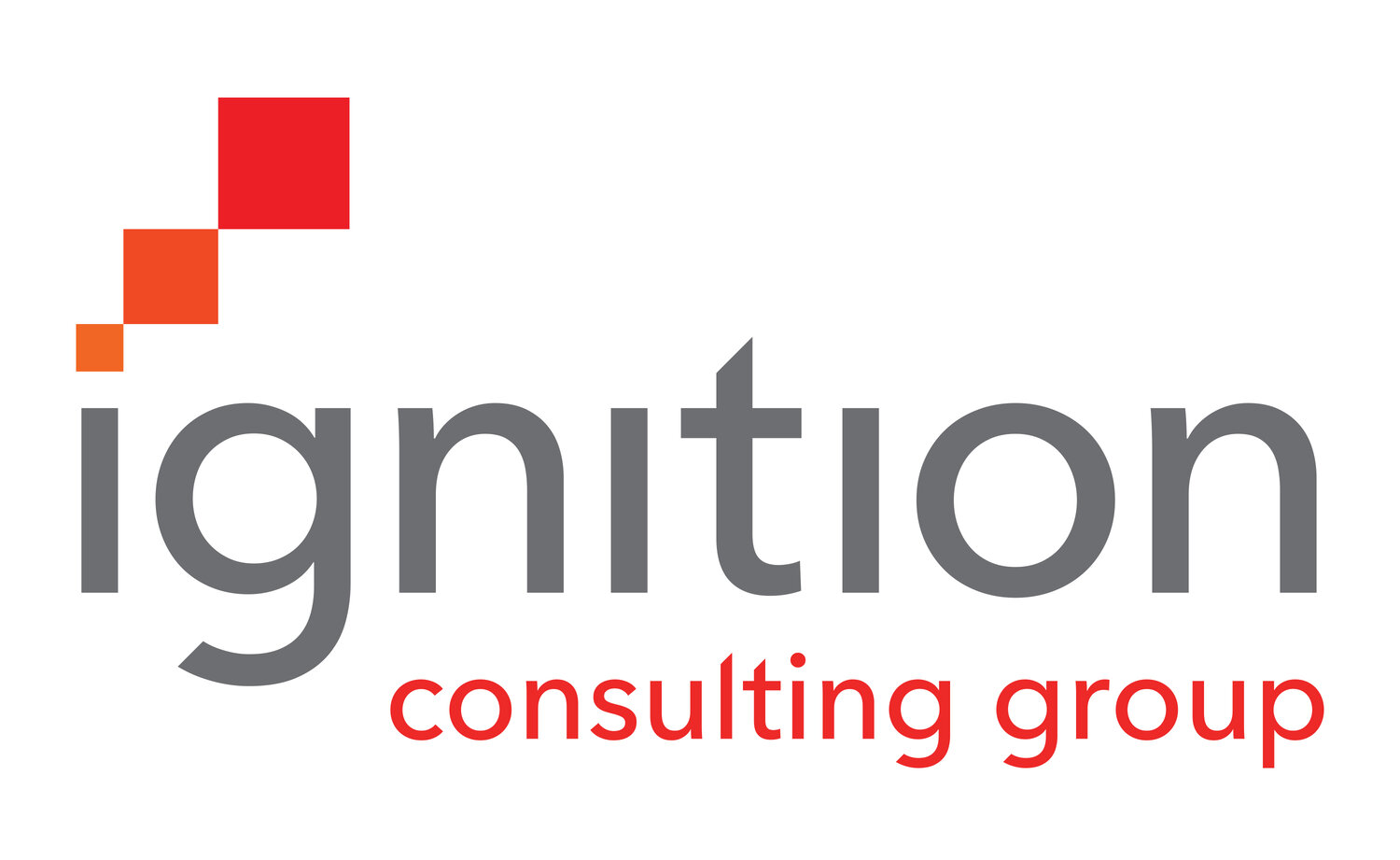Are You Giving Away Your Most Valuable Product?
By Tim Williams
Do you present speculative work in new business presentations? Do you get paid for it? Do you prohibit prospective clients from using these ideas unless they hire you and then pay for it? Do you reserve the right to use unpaid-for ideas for another prospective client?
In the agency business, your most valuable product is innovative ideas that solve business problems. Yet countless agencies give these concepts away at a price of $0. In new business situations, most firms present game-changing, category-creating programs, campaigns and concepts capable of creating immense value for their clients and extract no value in return.
Stuck in an economic time warp
Back in the days of the bundled agency, when firms earned full media commissions and mark-ups, they could afford to invest in speculative ideas to win new clients. Agencies were earning significantly better margins and could make this kind of reinvestment. Plus if they won the client, agencies knew they would earn back the value of their ideas once the campaign ran in the media.
In fact, agencies back then were in the habit of presenting proactive, unasked-for ideas even to current clients for the same reasons. But the unfortunate economics of today’s prevailing compensation system — billing for time — means agencies are living in a financial time warp. They’re stuck in a practice they can no longer afford.
Whereas yesterday’s agencies produced relatively few assets and deployed them in long-running media schedules (earning healthy commissions in the process), agency work today is extremely production-intensive. Digital and social media marketing have poured jet fuel on this fire.
Flipping your economic model
When agencies pitch, they’re hoping for large production budgets because that’s how they make their money. The more campaign elements, the more billable time. The problem is that most of the work involved in the campaign business is low margin. 80% of every campaign development dollar goes toward production/execution, which is the type of work that many client organizations feel they could either do themselves in-house or find less expensive resources in lower-cost countries.
The other 20% of every campaign dollar goes toward concept development, ideation, and design — the high-value work that clients generally can’t do well for themselves and need the outside talent and objectivity of agencies.
When agencies pitch business by providing the campaign concepts for free, they are unwittingly giving away the high-value work in order to get the low-value work. Not a brilliant business strategy.
In effect, the prevailing agency compensation approach is exactly backward. As a result, most agencies now run a high-volume, low-margin business. They are dependent on low-margin production work to pay not only production staffers but also highly paid strategists and creative directors. The inevitable effect of this unsustainable cycle is that agencies are increasingly unable to afford the salaries of the very best talent.
Instead of giving away the higher-value work to get the lower-value work, agencies would be better served to sell the lower-value work at cost and make their margins on the upfront work that creates the real value for clients: brand planning, customer insights, data strategy, experience design, concept development and other forms of innovation and problem-solving.
The Duffy Agency, an independent firm with offices on both sides of the Atlantic reverse-engineered their model in precisely this way, flipping their model to earn their margins on strategic work and pricing production work just above their cost.
Self-respect, self-confidence and financial success
At the very least, stop giving away your most valuable product. Decline to participate in pitches that require uncompensated speculative work. If you do present spec work, obligate prospective clients to pay for it if your firm is hired. In any case, protect your IP by specifying that prospective clients may not use any ideas presented unless paid for, and that your firm reserves the right to use any non-purchased ideas for other clients in the future.
Law firms serving the agency industry can provide you with a simple “pitch agreement” to be signed by both parties. Agencies that take this step stand out in a positive way in new business reviews.
If you don’t show respect for the worth of your most valuable product, you can’t expect your clients and prospects to, either.



